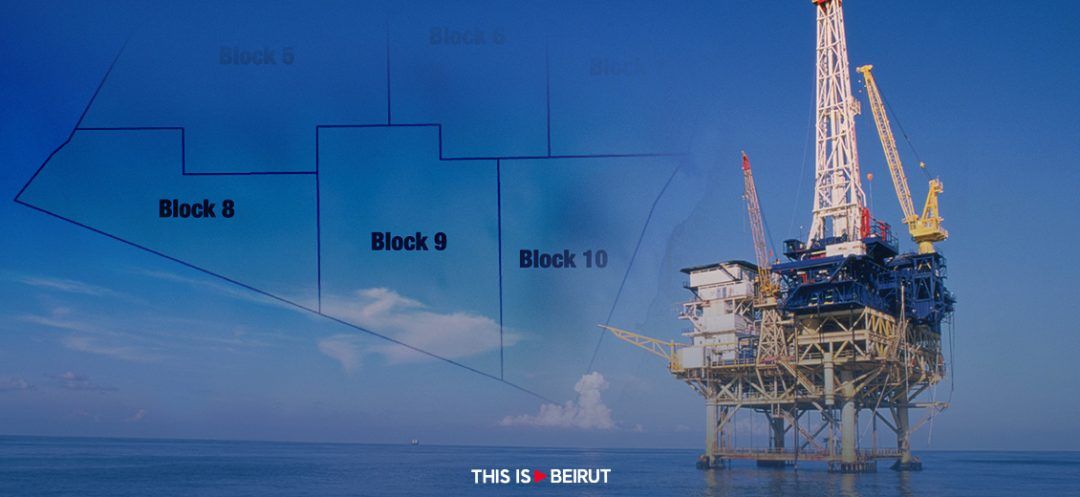
During its session on January 12, the Cabinet discreetly approved the conditional allocation of Blocks 8 and 10 to the consortium consisting of Total-Energies, Eni, and Qatar Energy. This decision was taken after unsuccessful negotiations led by the Petroleum Sector Administration to amend the two offers submitted by the consortium for the exploration and extraction of oil and gas in the two blocks.
While the Cabinet gave the go-ahead for the allocation of the two blocks, a set of conditions outlined by the Ministry of Energy was included in its resolution. The government sought Total's approval before signing the agreement between the two parties, expected in the first half of February if everything goes well.
While the Cabinet gave the go-ahead for the allocation of the two blocks, a set of conditions outlined by the Ministry of Energy was included in its resolution. The government sought Total's approval before signing the agreement between the two parties, expected in the first half of February if everything goes well.
Read more



Comments